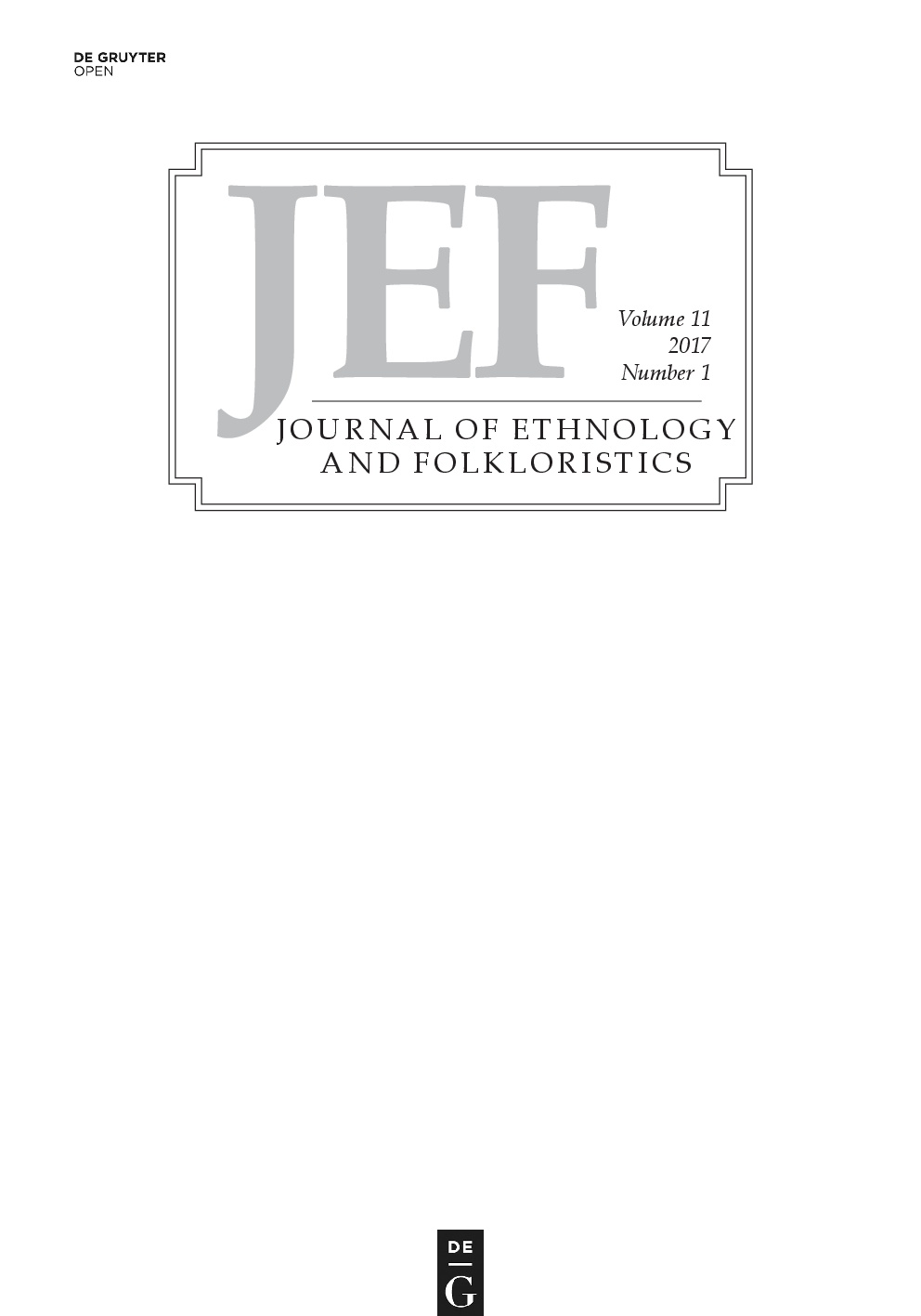The Postpartum Tradition of Sawa Mahina in Rural Punjab, Pakistan
The Postpartum Tradition of Sawa Mahina in Rural Punjab, Pakistan
Author(s): Azher Hameed QamarSubject(s): Customs / Folklore, Culture and social structure , Health and medicine and law, Rural and urban sociology
Published by: Tartu Ülikool, Eesti Rahva Muuseum, Eesti Kirjandusmuuseum
Keywords: postpartum tradition; social construction of infancy; sawa mahina; infant care belief practices; mother–child sympathetic connection;
Summary/Abstract: The Punjabi postpartum tradition is called sawa mahina (‘five weeks’). This study* investigates infant health care belief practices in rural Punjab and looks at the social significance of infant care beliefs practiced during sawa mahina. During six months of fieldwork, using participant observation and unstructured interviews as primary research methods, the study explored the prevalent postpartum tradition from a childcare perspective. A Punjabi child holds a social value regarding familial, religious, and emotional values. The five-week traditional postpartum period provides an insight into mother–child attachment, related child care belief practices, and the social construction of infancy. A child’s agency is recognised in the embodied mother–child relationship, and a child is seen in a sympathetic connection with the mother. Establishing an early foundation of ascribed identities is another important part of postpartum belief practices.
Journal: Journal of Ethnology and Folkloristics
- Issue Year: XI/2017
- Issue No: 1
- Page Range: 127-150
- Page Count: 24
- Language: English

